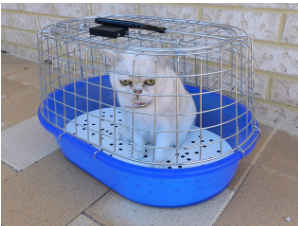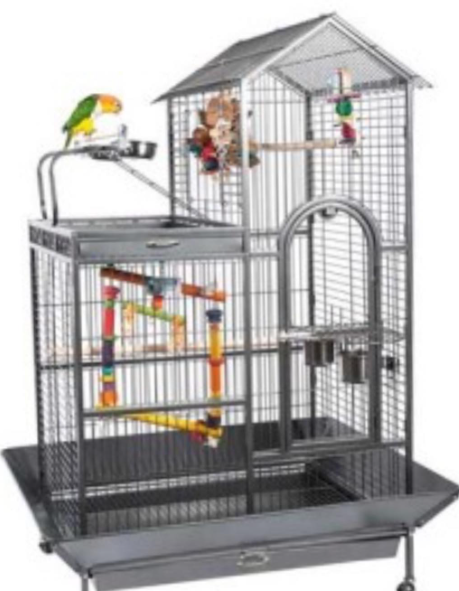Healthy Diets For Samoyed
Samoyeds are a beautiful and intelligent dog breed but can also be picky eaters. Choosing a diet that is both nutritious and appealing to your Samoyed is essential.
This blog post will provide all the information you need about feeding your Samoyed a healthy diet. We’ll discuss the different types of food available and the specific nutritional requirements of Samoyeds. We’ll also provide tips on feeding your Samoyed the right amount of food and dealing with picky eaters.
Types of food available for Samoyeds
Three main types of food are available for Samoyeds: commercial dog food, homemade dog food, and raw food.
Commercial dog food
Commercial dog food is the most popular food for Samoyeds. It is convenient and easy to feed, and it comes in various formulas to meet the needs of different dogs. However, it is essential to choose a high-quality commercial dog food that is made with natural ingredients and does not contain artificial fillers or preservatives.
Homemade dog food
Homemade dog food can be a good option for Samoyeds with food allergies or sensitivities. It can also be an excellent way to save money on food costs. However, ensuring your homemade dog food is nutritionally balanced is essential. You should consult a veterinarian or canine nutritionist to develop a homemade diet right for your Samoyed.
Raw food
Raw food diets are becoming increasingly popular for dogs. Raw food diets typically consist of raw meat, bones, and organs. They are considered more natural and nutritious for dogs than commercial or homemade diets. However, raw food diets can be more expensive and time-consuming to prepare. They can also pose a risk of food poisoning if not handled properly.
Nutritional requirements of Samoyeds
Samoyeds are a medium-sized breed of dog with a moderate energy level. They need a diet high in protein and fat and moderate carbohydrates.
The following are the specific nutritional requirements of Samoyeds:
Protein
Samoyeds need a diet that is high in protein. Protein is essential for building and repairing muscle tissue. It is also vital for the immune system and the production of hormones and enzymes.
Fat
Samoyeds also need a diet that is high in fat. Fat provides energy and insulation. It is also essential for the development of the brain and nervous system.
Carbohydrates
Carbohydrates are the least essential nutrient in the Samoyed diet. However, they can provide energy and help to balance the diet.
How to feed your Samoyed the right amount of food
The amount of food you need to feed your Samoyed will vary depending on their age, activity level, and overall health. A general rule of thumb is to provide your Samoyed 2-3% of their body weight daily.
However, monitoring your Samoyed’s body weight and adjusting their feeding schedule as needed is essential. If your Samoyed is gaining weight too quickly, you may need to reduce their food intake. Conversely, if your Samoyed is losing weight, you may need to increase their food intake.
How to deal with picky eaters
If your Samoyed is a picky eater, there are a few things you can do to encourage them to eat:
Try a different type of food
If your Samoyed is not eating their current food, try switching to another type of food. Many types of commercial dog food are available, so you should be able to find one that your Samoyed will enjoy.
Add a little something extra to their food
If your Samoyed still needs to eat, try adding something different to their food, such as a spoonful of wet food, some cooked chicken or beef, or a sprinkle of cheese.
Warm up their food
Some dogs prefer their food to be slightly warm. If this is the case with your Samoyed, try warming up their food before serving it.
Feed them at regular times
It is essential to feed your Samoyed at normal times each day. This will help to establish a routine and make them more likely to eat.
If you still have problems getting your Samoyed to eat, you should consult a veterinarian. They can rule out any underlying medical conditions and offer additional advice on how to feed your picky eater.
Health concerns for Samoyeds
Samoyeds are generally a healthy dog breed but can be prone to certain health conditions, such as hip dysplasia, elbow dysplasia, and patellar luxation. These conditions can be exacerbated by obesity, so it is essential to keep your Samoyed in a healthy condition.



